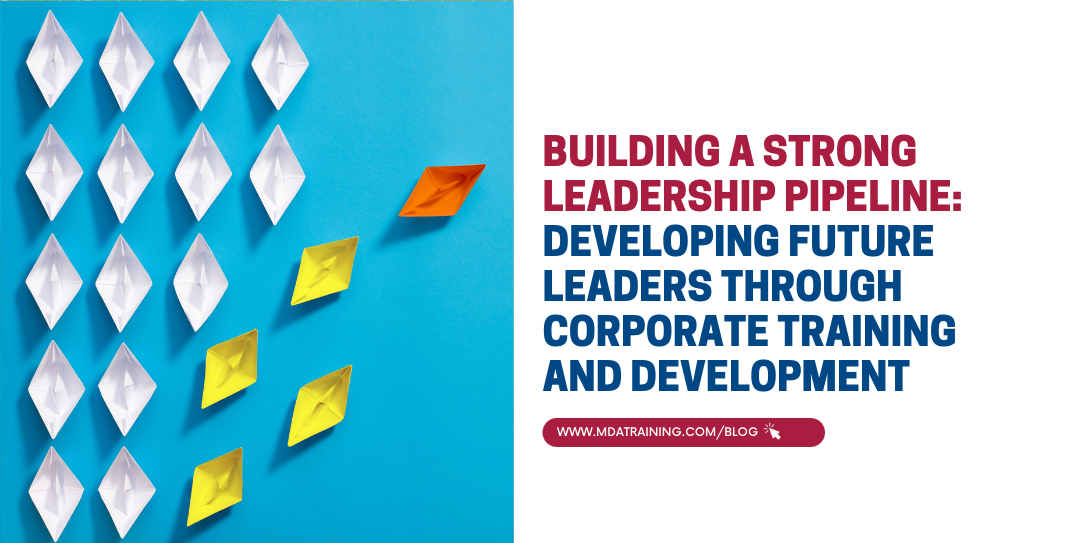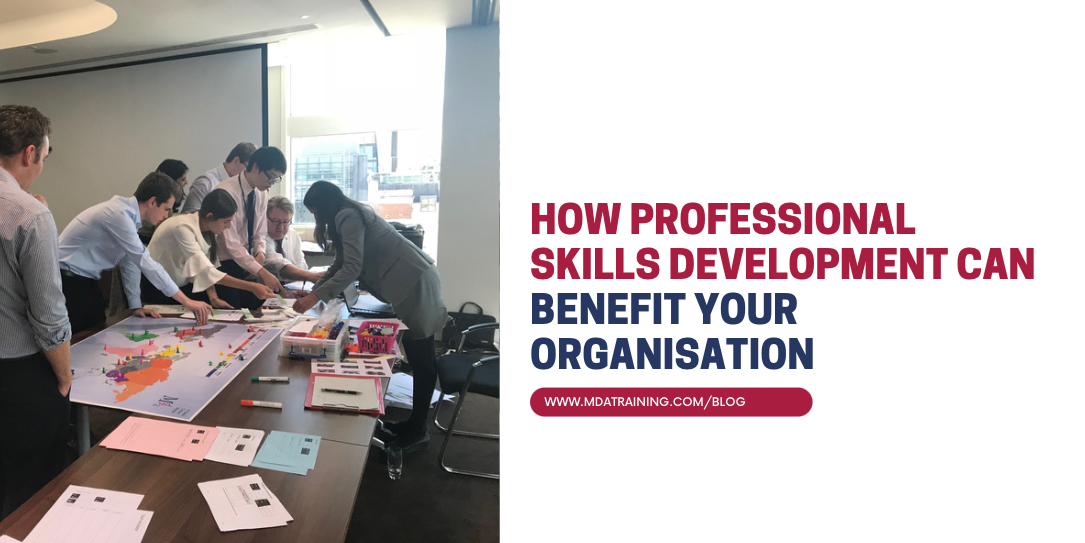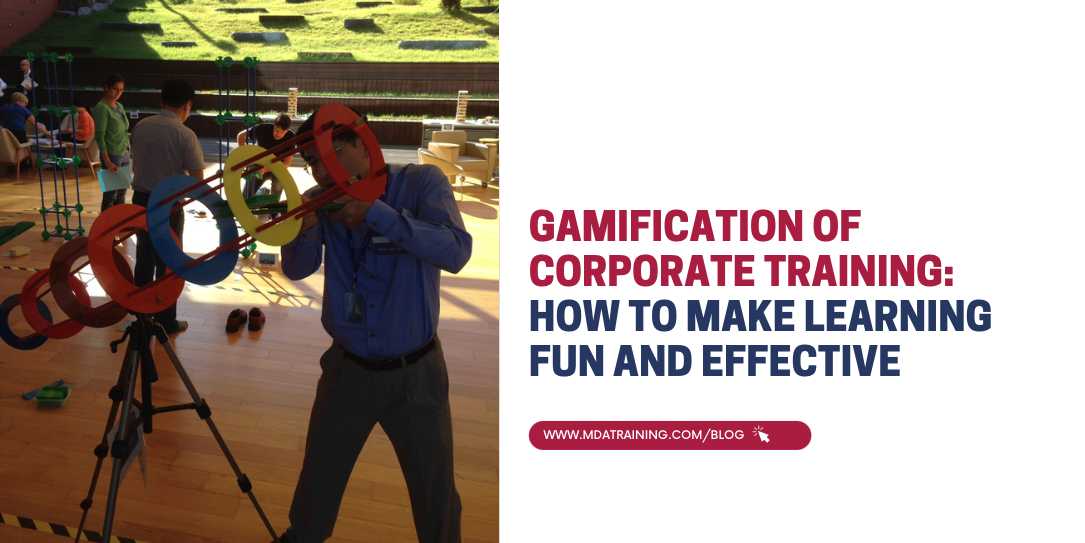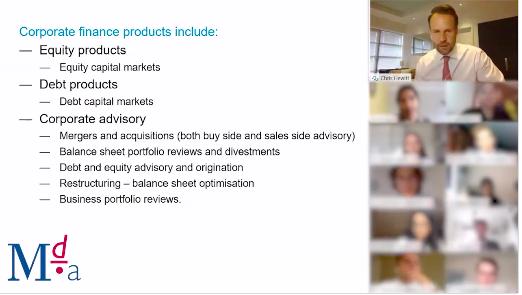In the ever-evolving landscape of the modern workplace, there is a growing awareness that achieving professional success is not solely about individual talent or skill sets. Instead, a nuanced interplay of belonging, inclusivity, and collaboration has come to the forefront. This phenomenon can be aptly termed “The Belonging Paradox.” This article delves into the multifaceted aspects of this paradox, exploring how fostering togetherness can ignite professional triumph.
The Foundation of Belonging
Belonging is a fundamental human need, deeply ingrained in our psychology. It’s not limited to personal relationships but extends into the professional sphere. Individuals spend a significant portion of their lives at work, and their sense of belonging within their workplace community profoundly impacts their overall well-being and performance.

Did you know: According to a study by Deloitte, 80% of employees who feel they belong in their organisation report high job satisfaction, whereas only 24% of those who don’t feel a sense of belonging report the same level of satisfaction.
Did you know: A report from McKinsey & Company highlights that diverse teams outperform homogeneous teams by 25-36%. When employees from various backgrounds feel a strong sense of belonging, it drives innovation and creativity within organisations.
The Belonging Paradox
The Belonging Paradox is the idea that to succeed as an individual in a professional setting, one must first embrace the collective identity of the team or organisation. It might seem counterintuitive, but this concept aligns with the reality of modern workplaces.

Did you know: A survey conducted by EY found that 86% of employees believe that a strong sense of belonging at work is crucial for their success. Moreover, 67% believe that belonging positively affects their performance.
To achieve this sense of belonging, organisations must foster an inclusive environment where employees from diverse backgrounds feel valued and connected. When employees feel like they belong, they are more likely to be engaged, motivated, and committed to the organisation’s goals.
The Role of Leadership
Effective leadership plays a pivotal role in nurturing a sense of belonging among employees. Leaders who prioritise inclusivity and create a safe space for diverse perspectives can transform the workplace into a thriving community.

Did you know: Research by Gallup indicates that organisations with inclusive leaders are 17% more likely to report that they are high-performing.
Inclusive leaders not only champion diversity but actively listen to their team members, promote transparency, and encourage collaboration. This type of leadership fosters trust and empowers individuals to contribute their unique talents to the collective success of the organisation.
The Benefits of Inclusivity
Inclusivity goes hand-in-hand with belonging. It means creating an environment where every employee, regardless of their background, feels respected and valued. The advantages of fostering inclusivity are far-reaching.

Did you know: A study published in the Harvard Business Review found that companies with diverse and inclusive teams are 70% more likely to capture new markets and expand their customer base.
Inclusivity doesn’t just benefit organisations externally; it also has internal advantages. It can reduce turnover rates, enhance employee retention, and improve overall job satisfaction.
Fostering Togetherness in the Digital Age
The digital age has reshaped the way we work, introducing remote and hybrid work models. While these changes offer flexibility, they can also pose challenges to fostering a sense of belonging and togetherness.

Did you know: A report by Slack found that 45% of remote workers feel disconnected from their team, and 55% feel disconnected from their organisation.
To overcome this, organisations must invest in virtual team-building activities, clear communication channels, and technologies that facilitate collaboration. These efforts can bridge the gap between remote and in-office employees, fostering a cohesive work culture.
What’s Next?
In the pursuit of professional triumph, individuals and organisations must recognize the critical role that belonging and inclusivity play. The Belonging Paradox teaches us that to succeed as individuals, we must first embrace the collective identity of our teams and organisations. Effective leadership, a commitment to diversity, and fostering togetherness are essential components of this journey.

As we navigate the evolving landscape of work, it becomes increasingly evident that creating an inclusive and belonging-focused culture is not just a desirable goal; it’s a strategic imperative that can lead to professional triumph for all. Organisations that prioritise this paradoxical approach will not only excel in the market but also create a more equitable and fulfilling workplace for their employees.
How MDA Training Can Help:
- Building Cultural Competence: MDA training helps employees develop a deeper understanding of various cultures, backgrounds, and perspectives. This knowledge is essential for creating a workplace where everyone feels valued and understood.
- Mitigating Bias and Stereotypes: MDA training educates participants about unconscious biases and stereotypes that can hinder inclusivity. By recognising and addressing these biases, employees can make fairer decisions and foster a more inclusive environment.
- Enhancing Communication Skills: Effective communication across diverse groups is a key component of inclusivity. MDA training teaches participants how to communicate respectfully and adapt their communication styles to bridge cultural gaps.
- Conflict Resolution: In diverse workplaces, conflicts can arise due to cultural misunderstandings. MDA training provides conflict resolution strategies that consider cultural sensitivities, fostering better teamwork and collaboration.
- Leadership Development: Leaders play a crucial role in setting the tone for inclusivity. MDA training for leaders helps them understand the business case for diversity, equipping them to lead by example and implement inclusive policies and practices.
- Recruitment and Retention: Organisations that prioritise diversity and inclusivity are more likely to attract and retain top talent. MDA training can help organisations create a welcoming environment that appeals to a diverse workforce.
- Innovation and Creativity: Diverse teams often generate more innovative solutions. MDA training encourages the exchange of diverse ideas and perspectives, leading to enhanced creativity and problem-solving.
Get in touch with MDA Training experts today.


































